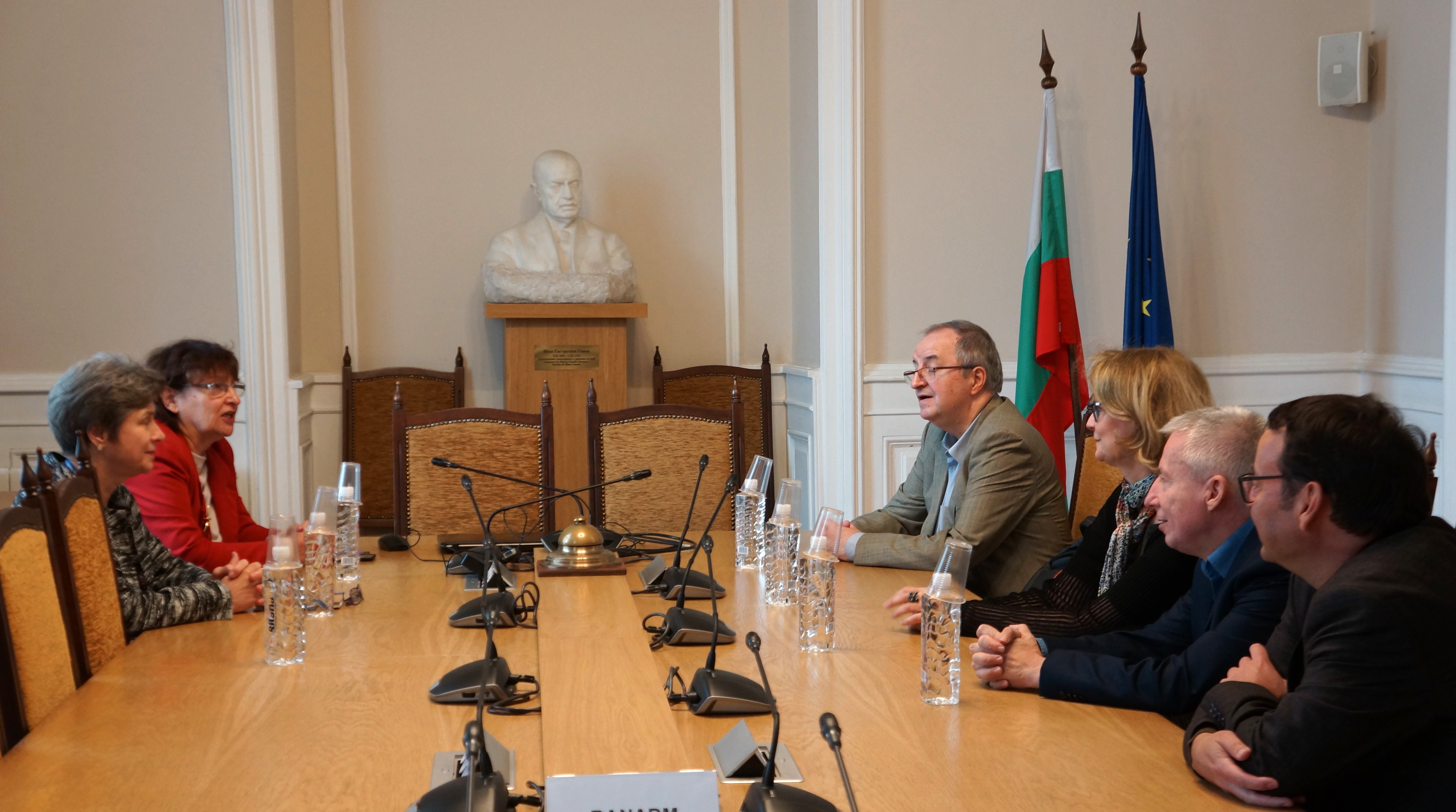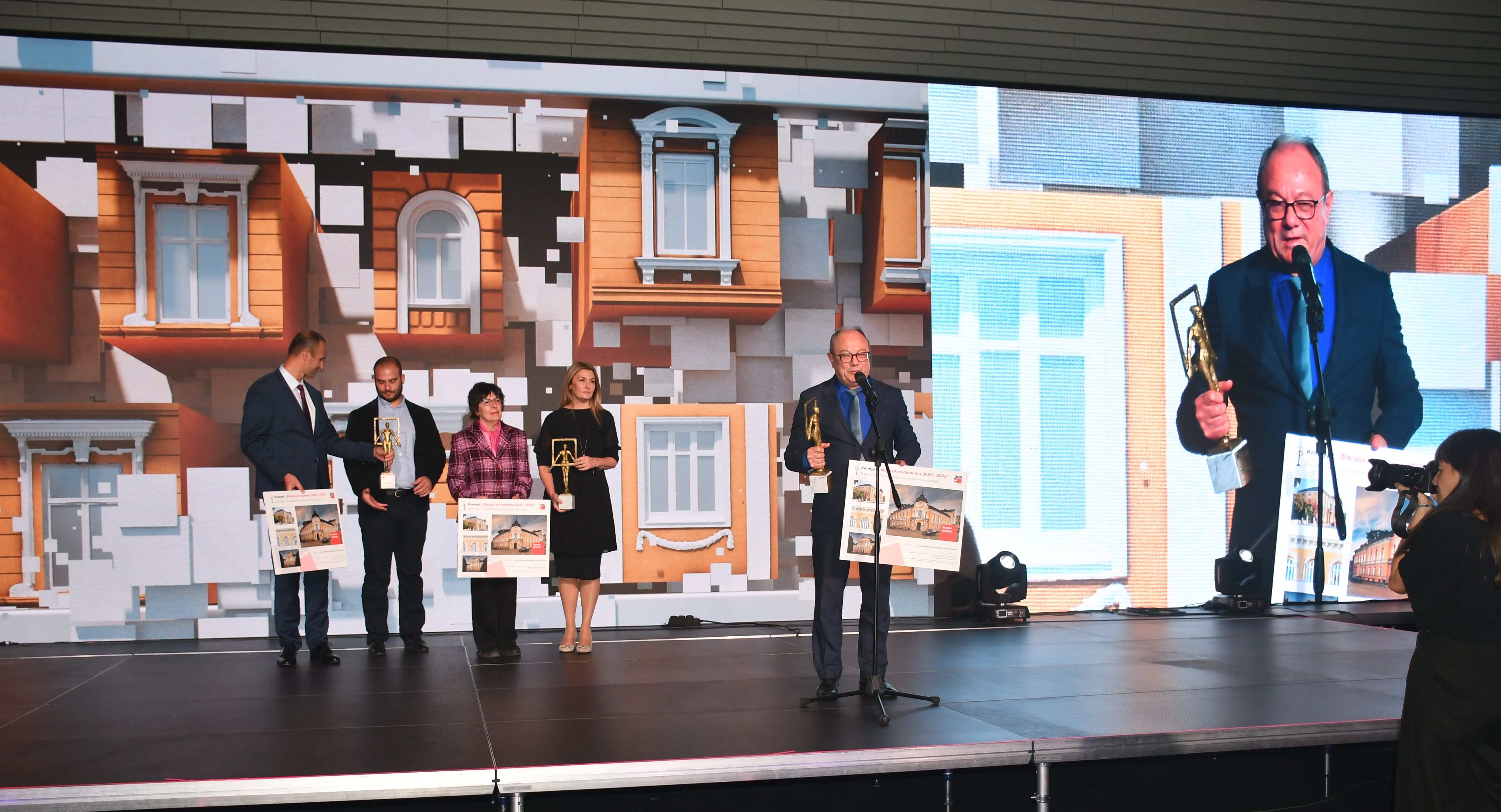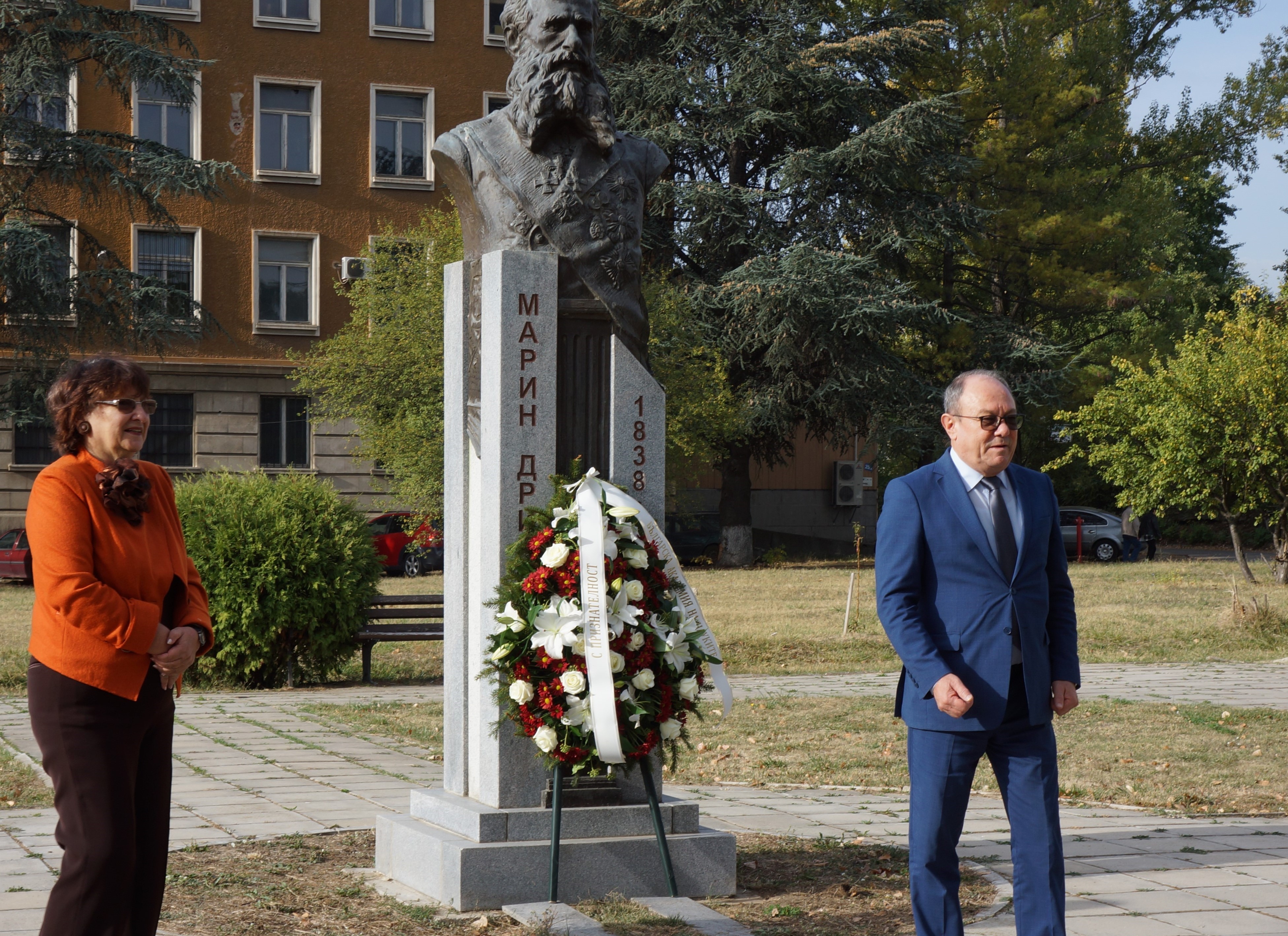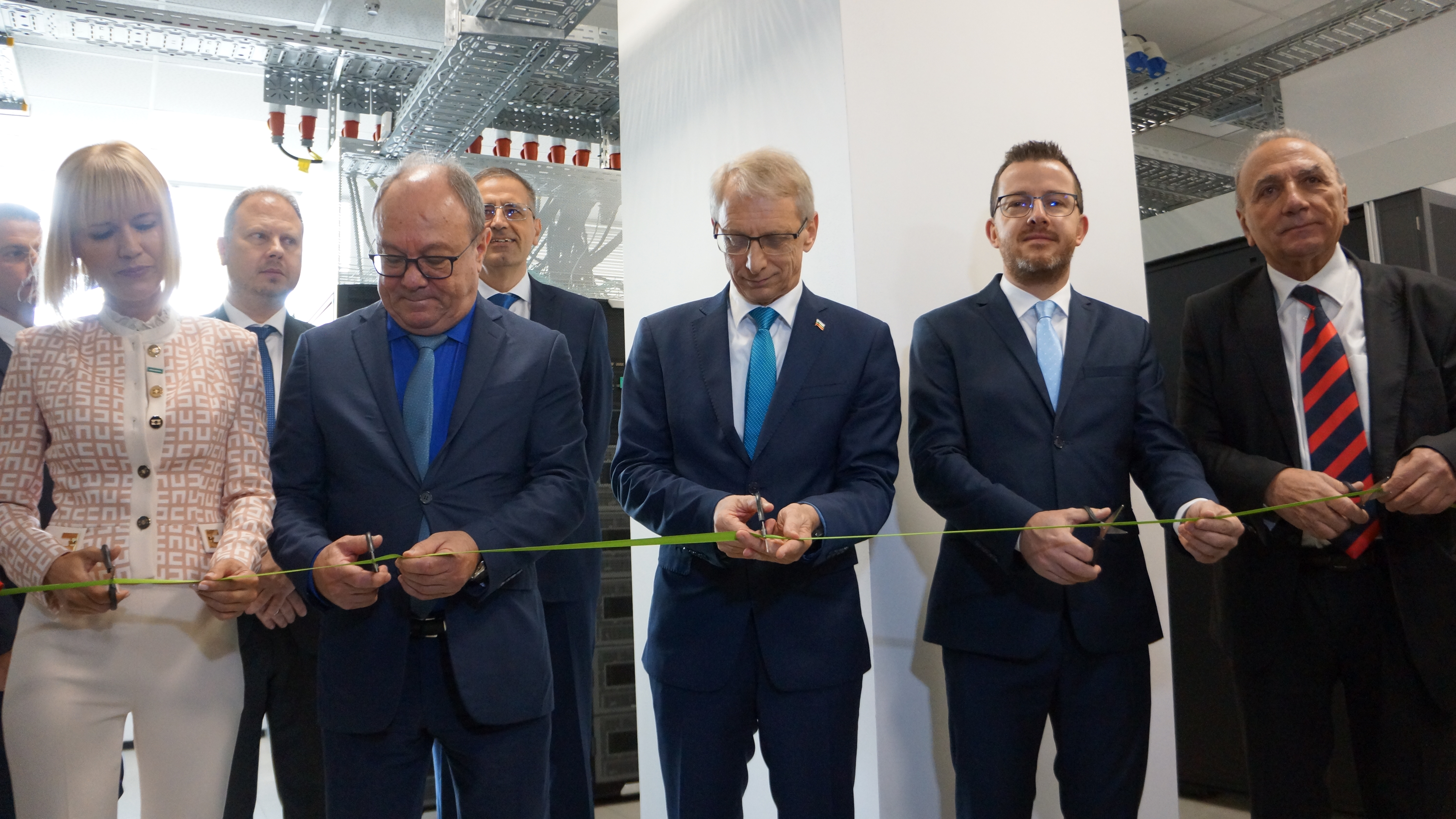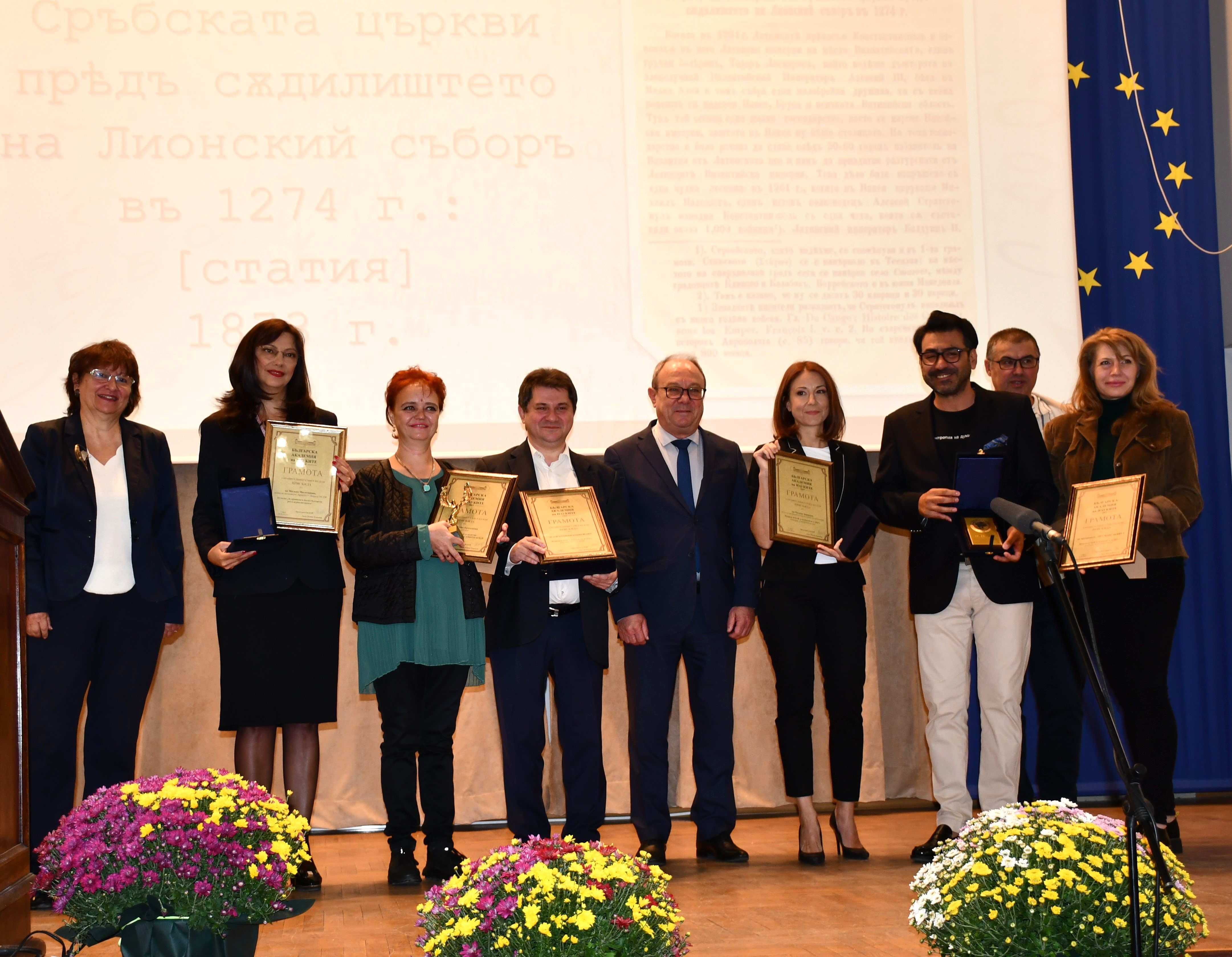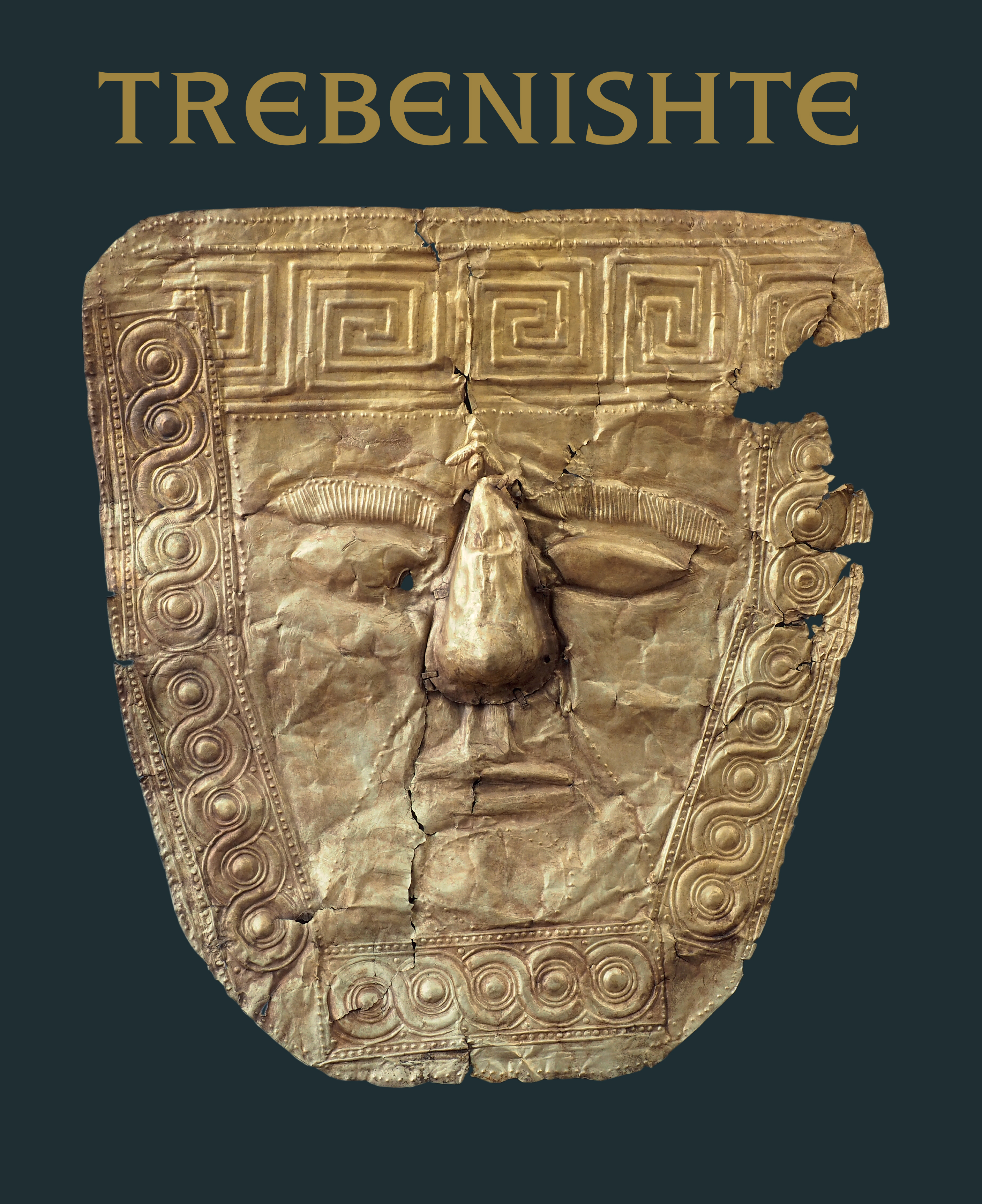BAS and Institut Curie discussed the construction of BioMedRTC
The Vice-President of the Bulgarian Academy of Sciences (BAS), Corr. Memb. Evdokiya Pasheva, and the Scientific Secretary of the "Biomedicine and Quality of Life" division, Corr. Memb. Nina Atanasova, met with Dorthe Nickel, member of the management of Institut Curie, Paris, an International Relations Officer. The meeting was held at BAS in connection with the establishment of BioMedRTC - Centre of Excellence in Biomedical Research and Technology. The Institut Curie is a world-renowned research institute founded in 1909 by Marie and Pierre Curie. The Institute is a leader in the fields of physics, chemistry, biology and medicine. The Curie Institute is a leading European centre for breast cancer treatment and one of the most prestigious in France devoted to research on the cellular mechanisms [...]


